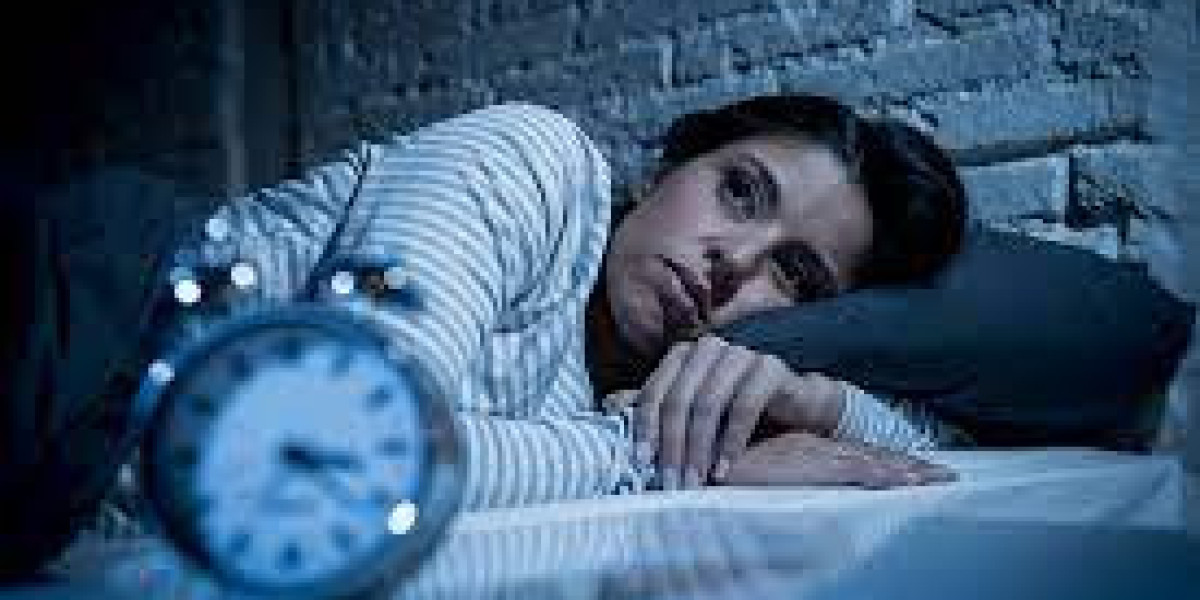What Is the Definition of Excessive Sleepiness?
Other sleep disorders, such as obstructive sleep apnea (OSA), narcolepsy, and shift work sleep disorder, are frequently associated with excessive drowsiness. It is characterised by daytime drowsiness, tiredness, or grogginess. If you are very tired, you may find it difficult to concentrate at work or you may find yourself falling asleep at inconvenient times, even if you do not want to. You may also feel irritable or anxious.
Excessive sleepiness is more than just being tired. Weariness, on the other hand, is characterised by a lack of energy and a desire to rest (but not necessarily sleep). It differs from depression in that it leads you to lose interest in ordinary tasks you used to like.
Risk Factors and Causes
An undiagnosed medical condition, such as depression, or a sleep disorder, such as OSA, restless legs syndrome (RLS), or narcolepsy, may increase your odds of feeling considerable daytime drowsiness. Because excessive sleepiness may be the only symptom of these sleep disorders, it's critical to speak with your healthcare provider about your symptoms because they could be a sign of a larger health issue.
Poor sleep habits are one of the most common causes of excessive weariness. This might imply an inconsistent sleep pattern, not obtaining enough hours of sleep, or having disordered sleep in which you wake up numerous times throughout the night. Furthermore, adolescents, the elderly, and shift workers are more likely to experience chronic excessive sleepiness.
Certain medications may also increase your chances of becoming excessively sleepy. Among these drugs are:
Antidepressants
Antihistamines
Antipsychotics
Medication for epilepsy
High blood pressure medication
Muscle relaxant drugs
Opioids
Alcohol
What are the symptoms and signs?
Given that excessive sleepiness is a symptom, it comes as no surprise that severe drowsiness is the primary symptom. But how does it actually appear? Excessive sleepiness may cause a deep tiredness that you can't shake during the day, even if it interferes with your job, jeopardises your education, and makes everyday duties more difficult. Drowsiness may have an effect on your relationships. Excessive sleepiness may lead a person to fall asleep in potentially dangerous situations, such as driving or operating machinery. Many individuals struggle with motivation, memory, and attention, as well as poor working performance.
How Can Excessive Sleepiness Be Detected?
If you are concerned that you are overtired, you should speak with your healthcare provider or a sleep specialist. A medical professional may ask you questions to evaluate whether you are excessively sleepy, such as:
How long have you been drowsy throughout the day?
How long do you sleep on weekdays and weekends?
How often do you awaken in the middle of the night?
Have there been any changes at work that may be interfering with your sleep?
Is there anything new in your personal life, such as the arrival of a new baby?
Your doctor will also want to know whether the source of your disease is medical, such as OSA, or behavioural, such as a lack of sleep. To rule out any underlying problems, he or she may do a medical examination and arrange for blood tests. Modvigil is a medication that is used to treat narcolepsy and excessive sleepiness.
A polysomnogram (PSG) may also be recommended by your doctor to help discover the source of your severe weariness. While you sleep, this exam, also known as a sleep study, monitors your brain waves, eye and leg movements, heart rate, respiration, and blood oxygen levels. It is usually administered in a hospital or sleep centre and requires an overnight stay. A PSG may be able to determine if you have any underlying sleep disorders that are causing your extreme sleepiness. If the main concern is whether or not you have sleep apnea, a home sleep study may be recommended.
Treatments
The best treatment for your excessive sleepiness will depend on what is causing it, therefore healthcare professionals' recommendations may range. If anything deemed behavioral is interfering with your sleep, such as a lack of a regular sleep pattern, your healthcare physician may propose lifestyle modifications to help you get back on track.
However, if your problem is the result of an underlying sleep disorder, such as OSA or RLS, your healthcare provider will most likely prioritise treating the underlying sleep disorder over treating your excessive sleepiness. If you have sleep apnea, for example, a CPAP device may help reduce excessive sleepiness, and a combination of medicines and lifestyle changes may be able to cure RLS, narcolepsy, and depression. Treating these sleep issues may lead to more restful sleep at night and, as a result, feeling more alert throughout the day.
There are additional prescription drugs available, including:
If other therapies fail, modafinil and armodafinil may help you remain awake. They change the functioning of many brain neurotransmitters, including dopamine, in order to give a feeling of alertness. Modalert improves alertness, restores regular sleep patterns, and reduces daytime sleepiness. Sleep paralysis, hallucinations, and other sorts of sleep disturbances are treated with the medicine.
Amphetamines and methylphenidate: Amphetamines and methylphenidate, like amphetamines, are stimulants that may be used to treat narcolepsy or excessive sleepiness. They work by increasing the availability of dopamine and norepinephrine in the brain.
Pitolisant: This medication keeps you awake by working on histamine-promoting neurons in the brain. Pitolisant is a medication used to treat narcolepsy.
Sodium oxybate: Sodium oxybate is a central nervous system depressant.
Solriamfetol is a dopamine and norepinephrine reuptake inhibitor (DNRI). It is used to treat narcolepsy and persistent sleepiness caused by OSA.








